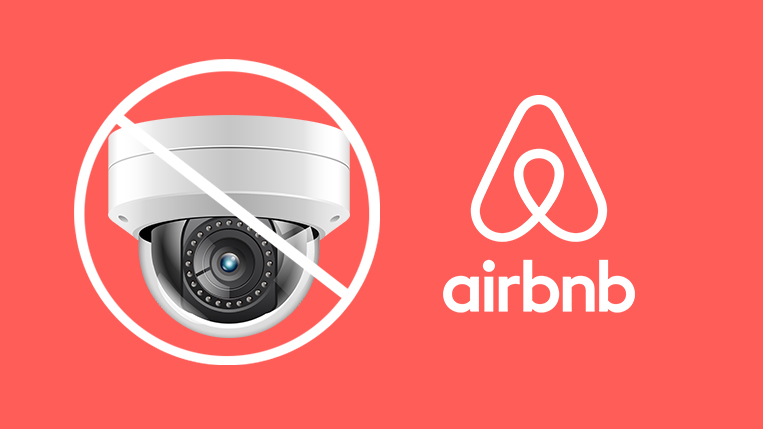Airbnb, the popular short-term rental platform, has announced a ban on indoor surveillance cameras in rental properties worldwide, effective April 30. This policy change is aimed at simplifying its stance on security cameras and prioritizing customer privacy.
Previously, Airbnb allowed property owners to install cameras in common areas like living rooms and kitchens, as long as they were disclosed in the listing. However, cameras were prohibited in private areas such as bedrooms and bathrooms.
The updated policy now unequivocally prohibits the use of security cameras inside listings, regardless of their location or prior disclosure. This change aims to provide clarity and ensure that guests’ privacy is respected.
Additionally, Airbnb will introduce more comprehensive rules regarding the use of outdoor security cameras and other devices, including noise decibel monitors. While devices like doorbell cameras and noise monitors will still be permitted, hosts must disclose their presence and general location before guests book.
However, outdoor cameras will not be allowed to monitor indoor spaces within a listing, and they are prohibited in certain outdoor areas where privacy expectations are higher, such as enclosed outdoor showers or saunas.
This directive from Airbnb comes amid safety concerns raised globally, including in Kenya, where incidents of violence have occurred in short-term rental properties. Local authorities have responded by reviewing regulatory rules, requiring all Airbnb investors in Nairobi to register their businesses and obtain operating licenses from the Tourism Regulatory Authority.
Most Airbnb properties in Nairobi are situated in middle-class neighborhoods such as Kilimani, Parklands, and Westlands. The Ministry of Tourism and Wildlife has urged Airbnb operators to register their properties, highlighting that out of 40,000 listed homes, only a fraction have complied with registration requirements.





